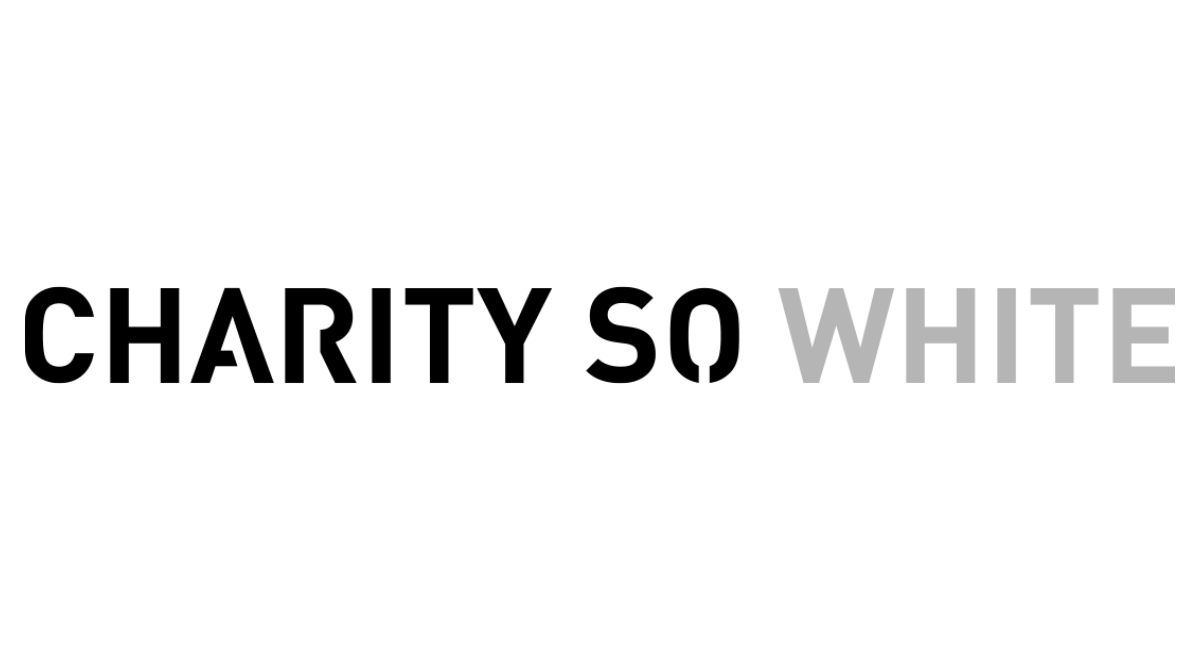Racial Injustice in the COVID-19 Response
The ‘Racial Injustice in the COVID-19 response’ paper launched today (Monday 6th April) by #CharitySoWhite and makes a powerful case for civil society and funders to put Black, Asian and Minority Ethnic (BAME) communities at the heart of their response to COVID-19 to address root issues and maximise impact.
The report takes the latest evidence on racial inequalities in the UK and disproportionate effects of COVID-19, to provide a detailed exploration of the risks and the impact that it will have on BAME communities within the UK. The campaign group warn against following a similar pattern to the Grenfell response, which lacked nuance and culturally sensitive understanding.
Commenting on the report, the #CharitySoWhite committee said:
“Our analysis that is explored in this paper shows BAME communities are going to be hit hard in the immediate and long term by COVID-19. Existing racial inequalities that have been deepening under austerity will be compounded unless government, civil society leaders and funders urgently recognise and prioritise racial justice at the heart of their response.
“BAME communities make up a huge proportion of our key workers who are on the frontline leading the nation’s response to the outbreak. These communities are also set to face disproportionate impacts across health, housing, employment and education. We call urgently on government and civil society leaders to include and consider these communities in their response.”
The paper calls on government, funders and civil society leaders to immediately consider the challenges that BAME communities face, centre their voices and prioritise ensuring that their needs are met.
The report finds that without a purposeful, intersectional approach centring BAME communities, the current outbreak of COVID-19 will lead to severe consequences and will further entrench inequalities in our society including
Health inequalities - BAME groups remain over-represented in the “at-risk” communities identified by the Government, which is concerning given the racialised access and treatment within the UK health system
Emergency measures legislation - The lack of guidance around emergency measures, such as police powers and school closures is already leading to local variation and disproportionate impact on BAME communities
Risk of destitution - BAME communities are over-represented in key worker categories, as well as over-represented in low income groups with lower rates of home ownership
Hostile environment - The hostile environment and particularly No Recourse to Public Funds is preventing migrants from accessing basic rights during the crisis
Protection and Enforcement - The concern about increases in domestic violence, the rights of those currently in prison or detention, and increased attacks against East Asians
‘Racial Injustice in the COVID-19 response’ establishes five key principles to guide the charity sectors response to COVID-19:
Now is the time to address racial inequalities in our sector. This is not about choosing between tackling racial injustice and mitigating the impact of COVID-19. Any response we deliver will only be effective if we take an intersectional approach accounting for racial injustices in our society.
Acknowledge the power you hold, don’t distance yourselves from it. We hold more power as a sector than we admit. It’s time to use it and to recognise that current models of funding and delivery are struggling while others which don’t meet our standard metrics are taking the lead
Actively value lived experience and centre “at risk” communities. Account for the different lived experiences of marginalised communities and prioritise coordinated action to centre them in delivery and funding
It’s time to trust the BAME voluntary sector To best reach those most impacted by the crisis we need to work with organisations working closest to them. We urge organisations to avoid knee-jerk relief efforts and ensure they have built in the mechanisms to work directly with community leaders
Recognise and support BAME staff and volunteers. Recognise that BAME employees will be disproportionately impacted by the pandemic and to account for the fact that many workers in the sector will be at risk of staff cuts and hiring freezes because they tend to be more junior or on temporary contracts
ENDS
For more information or interview requests, please contact Ayesha Gardiner (charitysowhite@gmail.com)
About #CharitySoWhite
#CharitySoWhite is a voluntary campaign group. We want the charity sector to take the lead in rooting out racism both within the sector and wider society.

